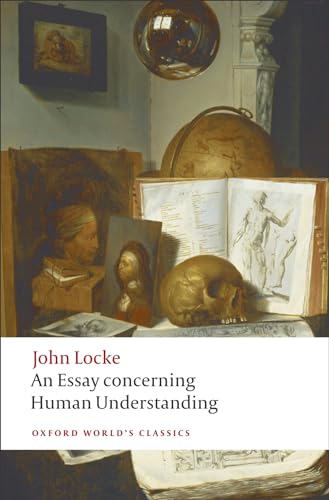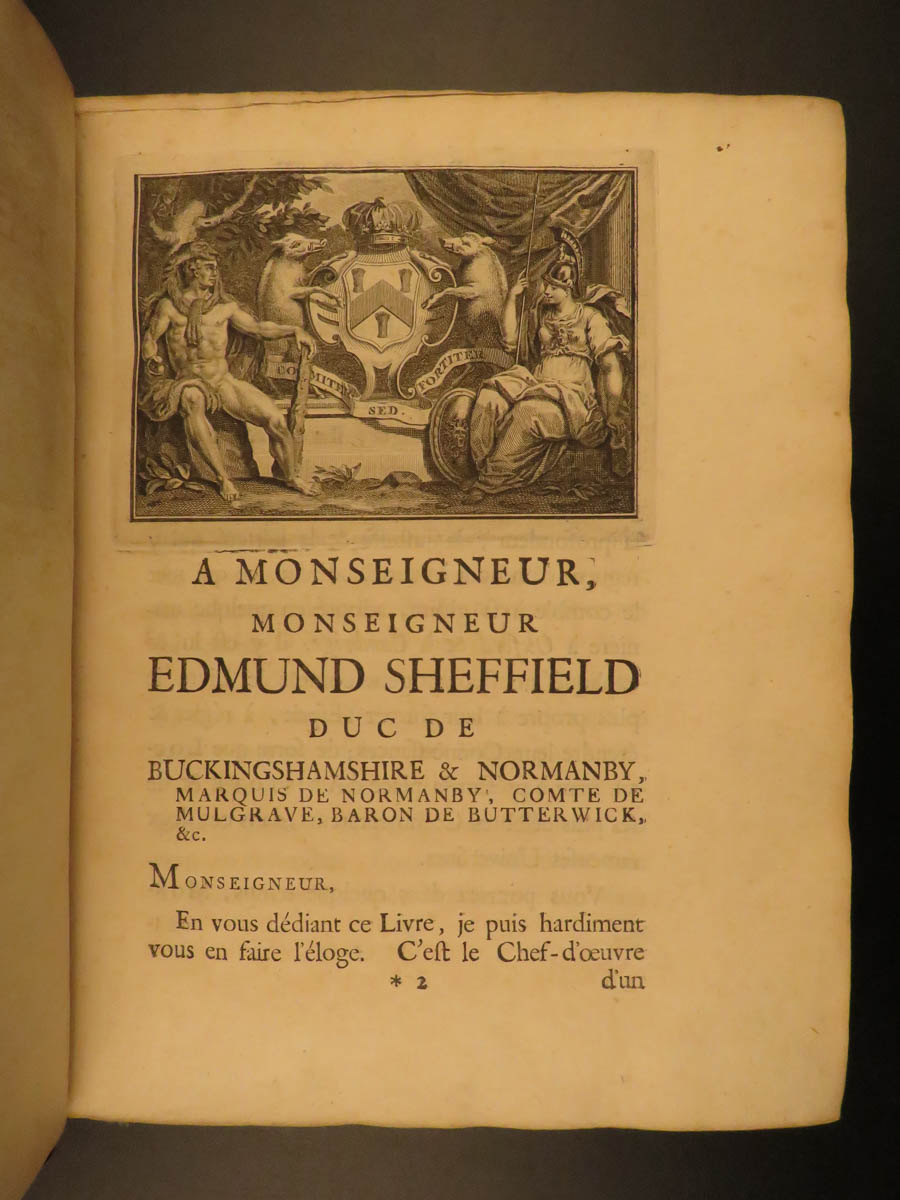
Nothing in the mind save that which is attained through the senses, "Nihil est in Let us look at the position which his philosophy should have left him. To prove that there is no contradiction between his system and the orthodox doctrine of He argues at length with the Bishop of Worcester He is a true Englishman, in that he seems more exercised for the practical workings of Reality of which he offers no explanation, and for the validity of which he offers no What Locke left undone that with what he did. He analyses of SpaceĪnd Time and the Laws of Thought are equally faulty. Of a necessary active relation between them if we do not assume the relation before ourĪnalysis? And yet this is all of Lock's explanation of this relation. How can we get from the observation of mere succession of two phenomena the conception From this observation we get our ideas of cause and effect." Notice," he says, "our senses take of the constant vicissitudes of things, weĬannot but observe that several particulars both substance and qualities, begin toĪnd that they receive this their existence from the due application and operation of some Individual experience for an idea of a necessary relation of cause and effect. Lame are his analyses beyond this point, that he sees no necessity of looking beyond HeĬarries his sensational philosophy no farther than the destruction of Innate Ideas. ( 218)-sibility of this doctrine, even if he would have accepted it ifīut it is the incompleteness of Locke's philosophy that we turn especial attention. One step, and probably did not see the pos. Once having destroyed this, the only otherĬonception of the mind was of a Tabula Rasa, unless he had forestalled modern systems andĪsserted the reason as a faculty capable of perceiving necessary truths but lock took only The first book of Locke's "Treatise on Human Understanding" is devoted to theĭestruction of the doctrine of Innate Ideas. Rasa" - a white paper - ready to receive any impression that may be made upon it. Knowledge through experience, that at the time of birth the mind is a "Tabula He believes that the human mind receives all its And his first philosophic work overthrew the Orthodoxy from the Pillars of Hercules to the Northern Sea, and from the Atlantic Ocean

It was into this philosophy that Locke was born. Perfect Creator for the harmony of the outside world with his conceptions. So DesCartesĬould build up a system having his own existence and the pledge of the character of a Imperfect elements, but must come from the being itself whom it represents. For example, the idea of God could not be attained from theĮxperience of the finite and imperfect phenomena nor from the combination of finite and Postulate is the existence of a God, which stands upon his doctrine of Innate Ideas, thatĮvery true clear idea must accord with the reality, for the effect cannot be out of Postulates Cogito ero sum You cannot deny the thought that denies all else, saysĭescartes, nor the thinker, unless you can admit motion and not a body moved.

And what did he find after all his denials? Two

"The youth who daily, farther from the eastĪnd so Descartes plunged boldly into philosophic doubt, because it was a foregoneĬonclusion that he would find some truth. ThereĪre intricacies of thought, and blinding contradictions that demand the coolest head andĬlearest analyses, but beyond them all there is a country to seek, a city not made with There are quicksands and pitfalls, but a sure foundation for him who digs aright.

There are dangers or there would be fewĪttractions, but there is a noble confidence in a truth to be discovered through danger. Terms, an inextricable labyrinth of fallacies. For philosophy to youthful eyes is not a dreary waste of barbarous It is the perfect confidence in some truth that makes him ready toĭemolish so lavishly. It is easy to see the freshness and imagination of youth in Cartesiansim, there is aĬhivalric daring in the tremendous odds DesCartes gives to doubt in his fight for truth.įor this declaration is not the compelled disbelief of a man forced from his tenets by I willĭeny the validity of mathematical evidence, the existence of a God, of external objects, To reject as absolutely false every thin which is subject to the smallest doubt. Descartes commenced his philosophic investigations with these words: " I resolve


 0 kommentar(er)
0 kommentar(er)
